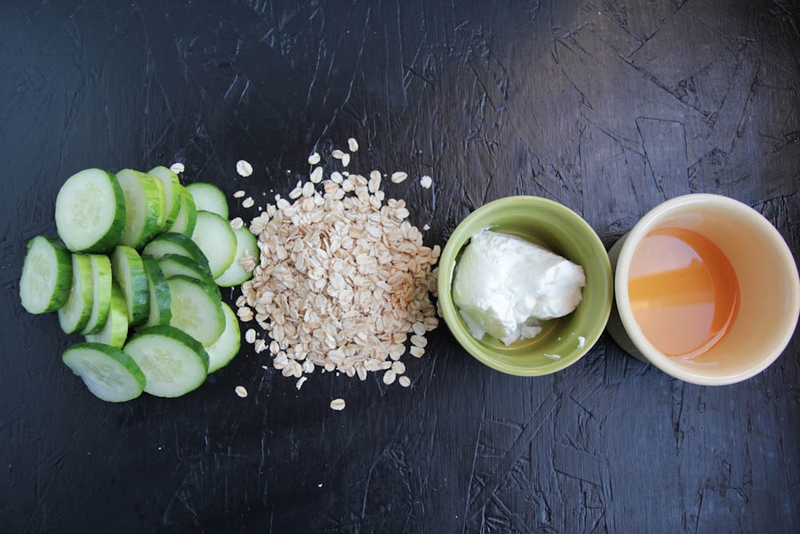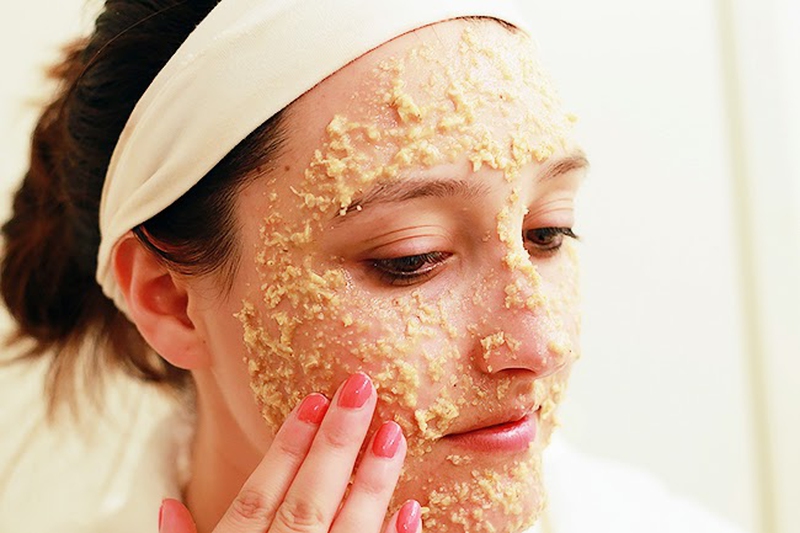Acne is a disease that attacks the skin. It involves the oil-secreting glands that are found at the base of the hair follicles. It mostly occurs when the oil glands are stimulated by the male hormone that is released in the body in both females and males. It is, particularly, common during puberty. Needless to say, acne is not fatal, but it can scar your skin for life. The human skin has tiny holes (pores) that lead to the oil glands that are located beneath the skin. There are small canals/follicles that connect the pores to the glands. The oil glands are responsible for the production of an oily liquid called sebum. This liquid moves dead skin cells through the canals to the top layer of the skin. The follicles have small hairs that grow out of them. When oil accumulates under the skin, the follicles get blocked and, as a result, pimples develop.

Therapies and Drugs for Acne Treatment
OTC Topical Remedies
Over-the-counter (OTC) remedies are good for mild acne. They are generally mild and contain benzoyl peroxide, sulfur, resorcinol and salicylic acid. If you use these treatments, you are likely to experience side effects like drying, flaking and skin irritation. However, after the first month of treatment, these effects will wear off.
Prescription Topical Treatments
After using OTC treatments without improvement in your condition, it is wise to consult a skin specialist or doctor so that they can recommend better treatment. Some topical prescription lotions are derived from vitamin A. They include tazarotene (Avage, Tazorac), adapalene (Differin) and Tretinoin (Retin-A, Avita,others). These treatments work by preventing blocking of the follicles and increasing the rate of cell turnover. There are several antibiotics that you can use, which focus on killing excessive bacteria on the skin.
Often, you will get the best results when these products are combined. There are several antibiotic combinations of benzoyl peroxide (Asana, Benzaclin, Duac) and clindamycin and erythromycin and benzoyl peroxide. These treatments can cause side effects such as stinging, redness, peeling and burning.
Prescription acne treatment has side effects like stinging, redness and peeling. Your health care provider can give you techniques for reducing these effects. They could include washing off the medication after a while or gradually increasing the dosage. In some cases, you will be advised to switch to a different drug altogether.
Antibiotics
A short antibiotic prescription might be required for moderate to severe acne in order to counter inflammation as well as reduce the bacteria. Antibiotic resistance increases significantly when they are used to fight acne. To stop this from happening, your doctor will advise you to stop taking them once the acne starts improving or if they refuse to work. This is normally observed within the first 3 to 4 months of treatment. In most cases, patients are advised to take oral antibiotics alongside the use of topical creams such as benzoyl peroxide in order to reduce the rate of resistance.
Antibiotics might cause side effects like stomach upset, skin discoloration and dizziness. The skin’s sun sensitivity might increase as well as decrease the efficiency of oral contraceptives.
Isotretinoin
Antibiotics might not be sufficient for treatment of deep cysts. For scaring cysts and acne that is not responsive to other forms of treatment, one can use Isotretinoin (Claravis, Amnesteem, Sotret) that is an effective medication. This form of treatment is meant for very severe acne. The patient should be monitored by a specialist as it has many dangerous side effects.
This medication is not suitable for women who are planning to get pregnant during medication, a few weeks after medication, or are already pregnant. This is because the drug can cause birth defects. Women of childbearing age are advised to go through an approved monitoring program by the Food and Drug Administration.
Other common side effects include drying of the eyes, nose, mouth and skin. You can also experience muscle aches, nose bleeding, itching, poor night vision and sun sensitivity. The cholesterol and triglyceride levels might increase in your blood along with the level of liver enzyme.
The drug is also linked with increased risk of suicide and depression among patients. Though doctors are not able to prove the relationship between the two, it is important to alert your doctor if you start feeling unable to cope and unusually sad when on this medication.
Oral Contraceptives
Acne in women is improved by taking of oral contraceptives that have a combination of ethinyl estradiol (Previfem, Ortho Tri-Cyclen, and others) and norgestimate. Nevertheless, oral contraceptives have other side effects like breast tenderness, headaches, depression and nausea that you should discuss with your healthcare provider. The most serious side effects could include slightly increasing the risk of getting heart disease, blood clots and high blood pressure.
Light and Laser Therapy
This treatment does not destroy the surface of the skin as it reaches out into the deeper layers. The light therapy focuses on the bacteria that cause inflammation on the skin while the laser concentrates on destroying the sebaceous glands in order to decrease the rate of oil production. This therapy will help in reducing scarring as well as improving the texture of the skin. This form of treatment is still under research and doctors advise that it should be used as a stand-alone therapy for those people who cannot cope with the approved acne treatments. Having this therapy done on you can be quite uncomfortable, and temporary skin issues might arise and will take the form of sunburn.
Cosmetic Procedures
Other procedures that might help in controlling acne are microdermabrasion and chemical peels. When combined with other acne treatments, these cosmetic procedures are used to decrease the appearance of minor scars on the face, fine lines and sun damage are very effective. However, they might cause temporary scaling, severe redness of the skin, blistering of the skin and long-term effects that include discoloration of the skin.
Home Remedies for Acne
Cucumber Face Mask
Make a paste by blending one cup of oatmeal meal together with one small cucumber. Mix one teaspoon of yogurt with one teaspoon of the cucumber paste and apply on your face. Let it rest for 30 minutes then rinse it off.
Simple Honey Mask
First use warm some water to rinse your face in order for the pores to open up. Apply honey and let it rest for 30 minutes and then rinse with warm water followed by cold water to close the pores.
Oatmeal Facial Mask
Oatmeal is known to be soothing by nature, and this oatmeal mask can help get rid of acne. Simply mix 2 teaspoons of oatmeal, 1 teaspoon of baking soda and adequate water to form a nice paste. Gently rub in the paste all over your face and rinse it off completely once you are done.
Click HERE to find more effective home remedies for acne.
When to See a Doctor
Acne isn't considered to be a fatal condition. However, it would be important to seek medical attention from a dermatologist if you have inflamed cysts and persistent pimples in order to avoid damaging and scarring your skin. If your social life is being affected negatively by acne or scars that come as an aftermath, you can ask your dermatologist how you can control the acne or diminish the scars.





View All Comments /Add Comment